To better understand the Russia-Ukraine crisis, we have put together a list of the most relevant books that shed light on the history, socio-economic and political relations of these two neighboring countries as well as titles that provide additional context to the historical and evolving war tactics at play.
“An interesting and provocative read, which will, one hopes, contribute to the Western understanding of what Ukraine is and why it matters.”—Volodymyr Kulyk, Harvard Ukrainian Studies
In the most acute, informed, and insightful account of Ukraine and its people available today, Andrew Wilson focuses on the complex relations between Ukraine and Russia and explains the different versions of the past propagated by each nation.
Buy the Book:
“[Shore’s] history entails an extraordinary declaration of the power of human will and self-determination.”—Kate Brown, Times Literary Supplement
In this lyrical and intimate book, Marci Shore evokes the human face of the Ukrainian Revolution. Grounded in the true stories of activists and soldiers, parents and children, Shore’s book blends a narrative of suspenseful choices with a historian’s reflections on what revolution is and what it means.
Buy the Book:
From the bestselling author of On Tyranny comes a revealing history of the four modern national ideas that arose from the Polish-Lithuanian Commonwealth
Modern nationalism in northeastern Europe has often led to violence and then reconciliation between nations with bloody pasts. In this fascinating book, Timothy Snyder traces the emergence of Polish, Ukrainian, Lithuanian, and Belarusian nationhood over four centuries.
Buy the Book:
“A nightmarish, raw vision of contemporary eastern Ukraine under siege. . . . [Zhadan] unblinkingly reveals a country’s devastation and its people’s passionate determination to survive.”—Publishers Weekly, starred review
Recalling the brutal landscape of The Road and the wartime storytelling of A Farewell to Arms, The Orphanage is a searing novel that excavates the human collateral damage wrought by the ongoing conflict in eastern Ukraine.
Buy the Book:
“Zhadan is one of the most important creators of European culture at work today. . . . This loving translation is a chance to see Ukraine in terms other than the familiar, but more importantly a chance to allow prose to mend your mind.”—Timothy Snyder, author of On Tyranny
Addressing the disillusionment, complications, and complexities that have marked Ukrainian life in the decades following the Soviet Union’s collapse, Mesopotamia provides an extraordinary depiction of the lives of working-class Ukrainians struggling against an implacable fate: the road forward seems blocked at every turn by demagogic forces and remnants of the Russian past.
Buy the Book:
“With an acerbic tone that will seem familiar to admirers of Franz Wright or Charles Bukowski, Zhadan’s no-nonsense verses are sure to strike more than a few nerves.”—World Literature Today
These robust and accessible narrative poems feature gutsy portraits of life on wartorn and poverty-ravaged streets, where children tally the number of local deaths, where mothers live with low expectations, and where romance lives like a remote memory.
Buy the Book:
“A deeply informed account of how the Soviet Union fell apart.”—Rodric Braithwaite, Financial Times
Thirty years after its collapse, Vladislav Zubok offers a major reinterpretation of the final years of the USSR, refuting the notion that the breakup of the Soviet order was inevitable. Instead, Zubok reveals how Gorbachev’s misguided reforms, intended to modernize and democratize the Soviet Union, deprived the government of resources and empowered separatism.
Buy the Book:
“The most engaging and carefully documented account of this period in East-West diplomacy currently available.”—Andrew Moravscik, Foreign Affairs
Pulling back the curtain on U.S.–Russian relations in the critical years between the fall of the Berlin Wall and Putin’s rise to power, prize-winning Cold War historian M. E. Sarotte reveals the bitter clashes over NATO behind the facade of friendship and comes to a sobering conclusion: the damage did not have to happen.
Buy the Book:
“Judah’s outstanding Fragile Empire travels up and down the curve of Putin’s popularity . . . It is the first to tell the story not just of the Moscow protest movement but of the less visible, but no less real, dissatisfaction beyond the capital.”—Neil Buckley, Financial Times
A probing assessment of Putin’s rise to power and what it has meant for Russia and her people, Fragile Empire is the fruit of journalist Ben Judah’s thorough research, conducting extensive interviews with Putin’s friends, foes, and ordinary Russian citizens.
Buy the Book:
“A few pages into David Satter’s truly terrifying book, one realizes that his title is smack-on accurate: modern Russia is a frightening member of the world community to an extent of which most persons are blissfully unaware.”—Joseph C. Goulden, Washington Times
In The Less You Know, the Better You Sleep, Satter tells the story of the 1999 apartment bombings and how Boris Yeltsin presided over the criminalization of Russia, why Vladimir Putin was chosen as his successor, and how Putin has suppressed all opposition while retaining the appearance of a pluralist state. As the threat represented by Russia becomes increasingly clear, Satter’s description of where Russia is and how it got there will be of vital interest to anyone concerned about the dangers facing the world today.
Buy the Book:
“A deep dive into the complexities of Russian society, Putin’s popularity and the protest movement that rocked the Kremlin.”—Arkady Ostrovsky, author of The Invention of Russia
Unearthing the ambitions, emotions, and divisions that fuel Russian politics, this book illuminates the crossroads to which Putin has led his country and shows why his rule is more fragile than it appears.
Buy the Book:
“Clover writes knowledgeably and engagingly of the Russian political scene . . . Readers who would like to make that judgement for themselves in the case of today’s Russia will scarcely find a better introduction.”—Edmund Griffiths, Times Literary Supplement
Charles Clover, award-winning journalist and former Moscow bureau chief for the Financial Times, here analyses the idea of “Eurasianism,” a theory of Russian national identity based on ethnicity and geography. Based on extensive research and dozens of interviews with Putin’s close advisers, this quietly explosive story will be essential reading for anyone concerned with Russia’s past century, and its future.
Buy the Book:
“No one in the outside world has followed and analyzed Russia’s economic policies and trajectory since the demise of the Soviet Union as thoroughly as Anders Åslund. From the early radical reforms to today’s stagnating kleptocracy, it’s a huge story, and no one tells it better.”—Carl Bildt, former Prime Minister and Foreign Minister of Sweden
Anders Åslund explores how the economic system Vladimir Putin has developed in Russia works to consolidate control over the country. By appointing his close associates as heads of state enterprises and by giving control of the FSB and the judiciary to his friends from the KGB, Putin has favored his associates to create a super wealthy and loyal plutocracy that owes its existence to authoritarianism.
Buy the Book:
“This brisk everyman’s guide—straight-talking and free of jargon—is a useful tasting menu to a fast moving, constantly evolving set of problems . . . A lively reminder that war adapts to technology, that civilians are part of modern conflict whether they like it or not.”—Roger Boyes, The Times
Transnational crime expert Mark Galeotti provides a comprehensive and ground-breaking survey of the new way of war. Ranging across the globe, Galeotti shows how today’s conflicts are fought with everything from disinformation and espionage to crime and subversion, leading to instability within countries and a legitimacy crisis around the world.
Buy the Book:
“Original and persuasive. . . . For those who see economic sanctions as a relatively mild way of expressing displeasure at a country’s behavior, this book . . . will come as something of a revelation.”—Lawrence D. Freedman, Foreign Affairs
Tracing the use of economic sanctions from the blockades of World War I to the policing of colonial empires and the interwar confrontation with fascism, Nicholas Mulder uses extensive archival research in a political, economic, legal, and military history that reveals how a coercive wartime tool was adopted as an instrument of peacekeeping by the League of Nations. This timely study casts an overdue light on why sanctions are widely considered a form of war, and why their unintended consequences are so tremendous.
Buy the Book:



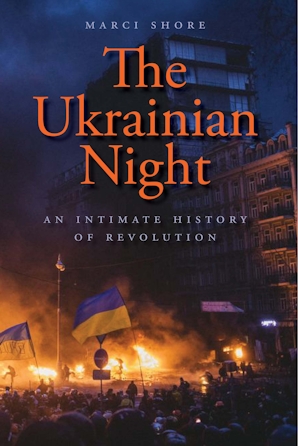
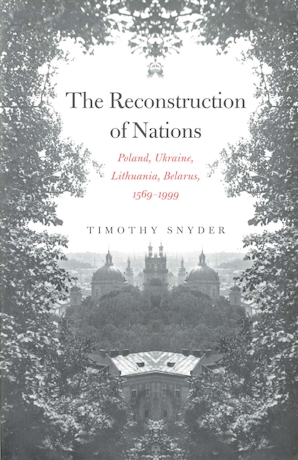
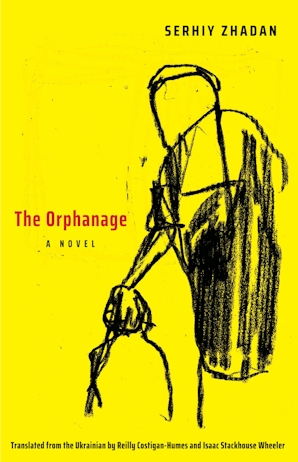
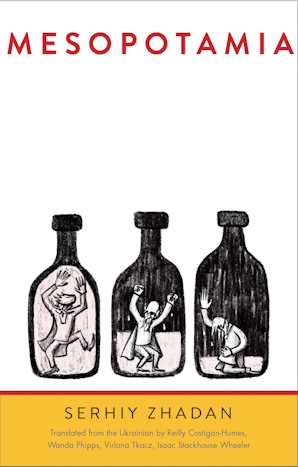
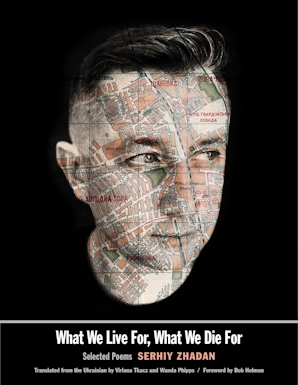
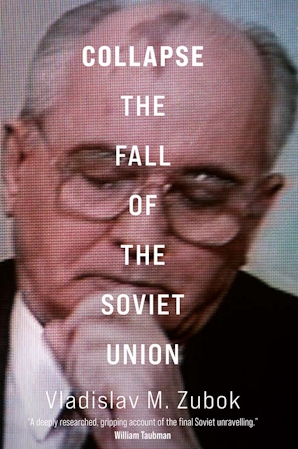
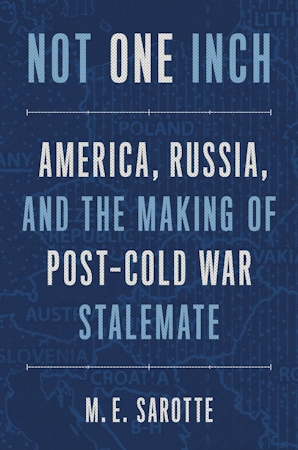
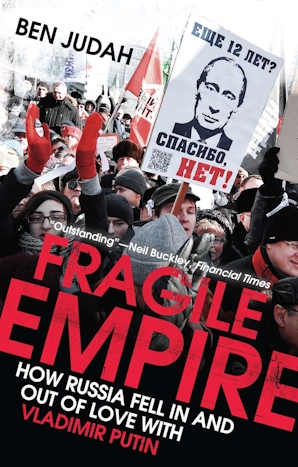
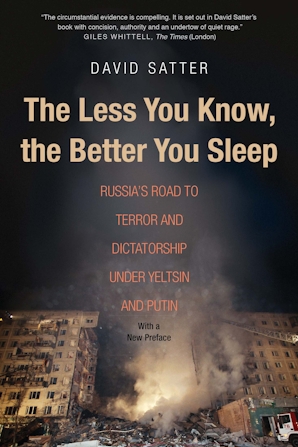
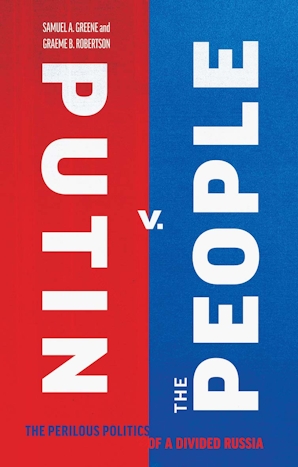



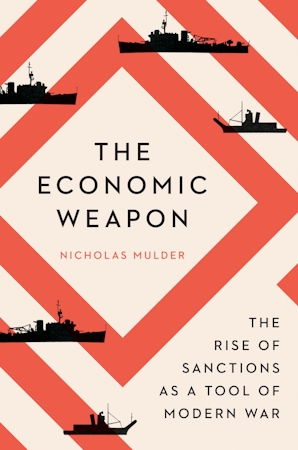
 Deobandism, Islam and the Religious Narratives of the Taliban
Deobandism, Islam and the Religious Narratives of the Taliban